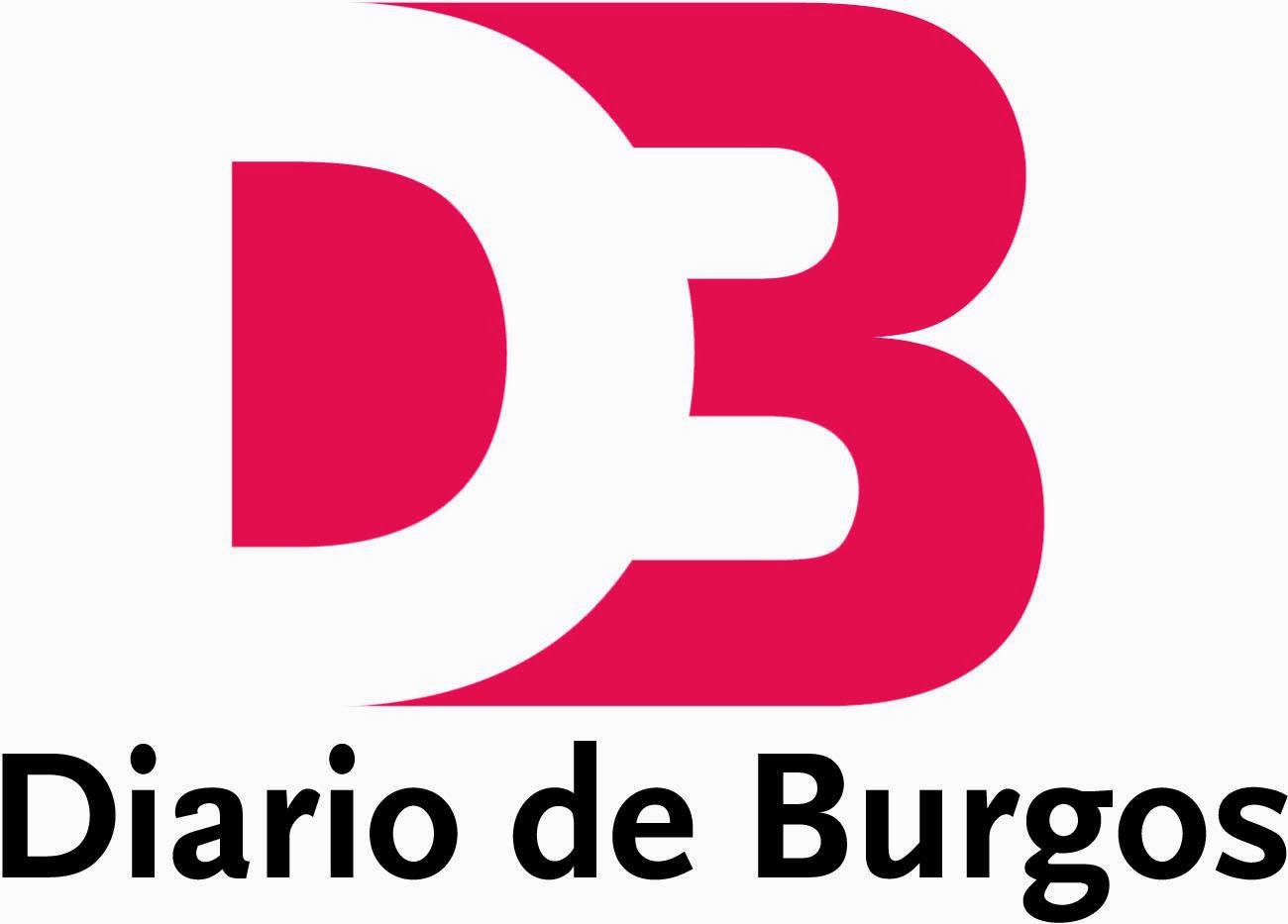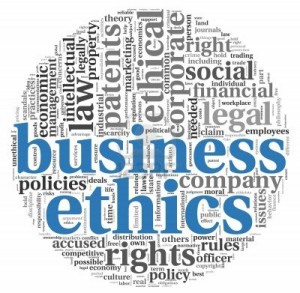¿Es usted un profesional ético?
(In english below)
¿Cuántos artículos han caído en sus manos en los últimos meses sacando a relucir el tema de la ética en los negocios? ¿Cuántos cursos le han llegado ofreciéndose a formarle en los principios éticos para directivos? ¿Cuántas ofertas financieras ha recibido proponiéndole invertir sus ahorros en fondos éticos? ¿De cuántos códigos éticos ha tenido conocimiento en los últimos meses dentro o fuera de su propia compañía?. En definitiva... ¿cuántas veces a dicho y oído en los últimos tiempos la palabra ética?.
Pues de eso va la tribuna de hoy. De cómo descubrir la ética en los negocios y no terminar aplicando un tratado de teología; o de cómo identificar un profesional ético y no terminar buscando a un superhéroe; o de cómo descubrir un comportamiento ético y no acabar haciendo tratados absurdos sobre lo moral y lo inmoral.
Pues bien. Aun cuando no sea un ejercicio fácil, me voy a aventurar a dar algunas repuestas sencillitas, de esas con las que la gran mayoría podemos sentirnos bien conformes sin necesidad de caer en ningún tipo de integrismo moral. Y es que, aunque pueda sonarles un poco “irreverente”, en este tema, especialmente en este tema, se está corriendo el riesgo de pasar, en milésimas de segundo, de éxtasis al tormento, del blanco al negro, o del cero al infinito sin pasar por el término medio.
Empecemos, pues, por el principio. ¿Recuerdan ustedes a Kant?. ¡Si, Kant, el filósofo, el autor de “La crítica de la razón práctica” y “La crítica de la razón pura”? Kant se ha convertido, doscientos años después, en el gurú de moda en ética. ¿Por qué? Por tres sencillas razones. Primera, por una recomendación, por su imperativo categórico: “Obra de tal manera que tu conducta pueda servir siempre como principio de una legislación universal” (o, en otras palabras, compórtate de tal forma que tu conducta pueda servir de ejemplo para todos). Segunda, por una afirmación: la buena voluntad es el único bien sin restricción alguna. Y tercera, por su idea del deber: “debes cumplir tus promesas”.
Con estas tres premisas del filósofo, respondamos a algunas cuestiones. Por ejemplo: ¿cuándo un negocio es ético? Para no caer en moralina, admitamos que el objetivo lógico y común de todo negocio es el lucro. Es decir: nadie da duros a peseta; las empresas son empresas, no ONGs; y esto va de ganar dinero. Integrar la ética en un negocio, y aquí llega la teórica, significa desarrollar su actividad dentro de los límites de la sociedad en la que se desenvuelve. Fijar esos límites no es cosa fácil. Ya lo decía Enrique Santos Disiépolo en su Cambalache: “que hoy resulta que es lo mismo ser derecho que traidor”. Nos guste o no, el crimen y los negocios fraudulentos quedan impunes muchas veces.
Sin embargo, y aunque “los inmorales nos han igualao”, sigue habiendo una diferencia. Y no está es la teórica sino en la práctica: deje Ud. a un lado toda filosofía de la ética empresarial, no busque tanto en los libros ni en las consultoras cómo ha de impregnar la ética en su business. Que esto no va ve moralina, ni de ser buenos; que es mucho más sencillo: póngase, como dicen los británicos, en los zapatos de su cliente, de su empleado, de su proveedor. Tráteles como a Usted le gustaría que le tratasen. Deje que el último duro, el que roza en la usura, lo arañe otro. Piense, de vez en cuando, en aquellos en los que los demás suelen pensar en último lugar. Y hágalo pensando que, a la larga, su cuenta de resultados lo notará. Y su salud mental también.
Entendidos así los negocios éticos, la segunda cuestión es ésta: ¿cómo descubrir a un profesional ético?. Hace unos días leía en la prensa que los head hunter andaban a la caza del profesional ético. Y, de repente, pensé: ¿cómo lo harán?; ¿y quién considerará la ética del caza talentos?. En fin, que el tema se complicaba cada vez más de pura carga subjetiva que había en ello. Así pues, ahí va otra de mis recetas: la mejor manera de saber si alguien es o no un profesional ético es pidiendo referencias. Pero ojo; no las referencias de sus jefes. Pida usted las referencias de su equipo directo, de sus compañeros, de sus clientes, de sus proveedores, y, si me apura, de sus competidores. Y, sobre todo, intente descubrir una cosa: si cumplió las promesas adquiridas o les engañó en más de una ocasión. Desconfíe de aquel profesional que sólo mantuvo la palabra a sus jefes. Si muchos reconocen que tal o cual persona cumplió sus promesas, como Kant, ahí tiene una buena pista sobre su nivel de ética.
Y tercera pregunta. ¿Cuándo un comportamiento profesional es ético? Pues citaré de nuevo a Kant hace doscientos años: un comportamiento profesional es ético cuando persigue cumplir con el deber. Y, además, lo adornaremos con algo de cosecha propia: cuando Usted pone por delante los intereses de la institución a los suyos propios, entonces quédese tranquilo porque sabrá que por ahí estén bien hechas las cosas. Y si no, piense en alto: ¿cuántas veces le ha echado arrestos a la vida y ha decidido tirar por la calle de en medio, aun a sabiendas de que aquello le podría costar más de un disgusto? Pues ya sabe. De eso van los comportamientos éticos: de hacer lo que hay que hacer con lealtad absoluta a la casa que te paga.
Pues ya ven. Al final la cosa ni es tan nueva ni tan complicada como parecía al principio. Vamos; que no hay que ser un superhéroe para apuntarse a esto de la ética. Algunos lo querrán mistificar y elevar a planos superiores. Pero no se engañe. Léase un poquito a Kant y recuerde eso de actuar para que los demás sigan su ejemplo. Y si no se lo cree… ¿aún no es consiente a quién imitan sus hijos?
Publicado en el Diario Cinco Días, 15 de noviembre de 2002
English Version
Are you an ethical professional?
How many articles have appeared recently highlighting the topic of ethics in business? How many courses have you seen offering training in ethical principles for managers? How many financial offers have you received proposing investment in ethical funds? How many ethical codes of practice have you been made aware of lately inside or outside your own company? In short, how many times have you heard the word ethics recently?
This is today’s topic: How to discover business ethics without getting a theological treatise; or how to identify an ethical professional and not end up looking for a superhero; or how to discover ethical behaviour but not wind up in absurd debates over morality or immorality.
There we are. Even though it’s not an easy task, I’m going to try and provide you with some simple answers, the kind with which the large majority of us can be at ease without the need to descend into being overly moralising. That’s because, although it could sound a little “irreverent”, in this area (especially in this area) we are at risk of going from ecstasy to torment in the blink of an eye, from white to black, from zero to infinity without passing through any middle ground.
Let’s start from the beginning. Do you remember your Kant? Yes Kant, the philosopher, the author of “The Critique of Practical Reason” and “The Critique of Pure Reason”? Kant has become, two hundred years after he lived, the guru of this ethics fashion. Why is that? For three simple reasons: firstly, because of a recommendation, for his categorical imperative: “Work so that your behaviour can always serve as a principle of universal legislation” (or in other words, behave in such a way that your conduct can serve as an example for all). Secondly, for the affirmation: good will is the only good without any restriction at all. And thirdly, for his idea of duty: “you should honour your promises”.
Using those three premises, we can find answers to some of our questions. For example: when is a business ethical? To avoid being moralistic, we have to admit that the logical and common objective of any business is to make money. This means that there’s no such thing as a free lunch; businesses are business, not charities; their ultimate goal is to make money. Integrating ethics into business (and here comes the theory) means developing the business in line with the limits laid out by the society in which the business activity is taking place. Defining and putting those limits in place is not an easy task. As already stated by Enrique Santos Disiépolo in his work Cambalache: “These days, it seems that it is the same thing to be right wing as to be a traitor”. And, whether we like it or not, crime and fraudulent business practice often go unpunished.
However, and although “the immoral have made us equal”, there is still a difference. And it isn’t in the theory but in the practice: leave all the philosophy of business ethics to one side, stop scouring books or asking consultants how to make your business more ethical. It’s not about morals, nor about being good; in reality it is much simpler. Put yourself, as the British say, in the shoes of your client, of your employee, of your provider. Treat them as you would like to be treated. As we say in Spain, let their last penny rub against another. Think, once in a while, of those who are usually thought of last. And do so thinking that, in the long run, the results will be seen. And, doubtless, your mental health will benefit as well.
If we think of it in this way, the second question is: how can we find an ethical professional? A few days ago, I read in the press that head hunters were searching for ethical professionals. Suddenly, I asked myself, “How will they do it?” and also “Who checks the ethics of the head hunters?” In short, the task become more and more complicated by the pure weight of subjectivity involved. And there we have another of my pieces of advice: the best way to know if someone is an ethical professional or not is by asking for references. But take care; we are not talking about references from their bosses. Get them from their team-members, their colleagues, their clients, their providers, and if pushed, from their competitors. Above all, try and find out one thing: whether they keep their promises or if they have deceived others more than once. Never trust a professional who only kept their word where their bosses were concerned. If many people say that someone kept their promises then, following Kant, you have a good clue as to their ethics.
The third question: when is professional behaviour ethical? Well, let me cite some two-hundred-year-old Kant again: professional behaviour is ethical when it tries to fulfil its duty. And let me also add something from my own experience: when you put the interests of the institution above your own personal interests you know things are being done well. Also think: how many times have you given up, stopped everything and sent it all to hell, despite knowing that the consequences could be more far reaching than just a simple bump in the road? There you have it. That’s what ethical behaviour is about: doing what you have to do with absolute loyalty to your employer who pays your wages.
And there we have it: In the end, it isn’t such a new thing or even that complicated. You certainly don’t have to be a superhero to follow this kind of ethics. Some want to shroud it in mystery or give it a special status, but don’t be fooled. Read a bit of Kant and remember to act so that others follow your example. And if you don’t believe me, think about who it is that your children learn from…











